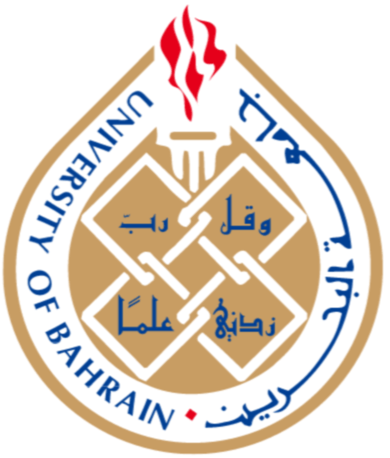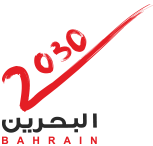NEWS
A Professor at the University of Bahrain Calls for Developing and Benefiting from Distance Learning Policies

Sakhir – University of Bahrain – Mansoor Alwanni
November 13, 2022
The Head of the Integrated Sciences Department, College of Health and Sport Sciences, the University of Bahrain, Dr. Rabab Abdel Wahab, called on higher education institutions to benefit from the experiences of education during the Coronavirus (Covid-19) pandemic, adopt a plan to develop policies and procedures for distance learning, and employ experiences and expertise to improve educational practices.
Dr. Rabab made this statement during her participation in the conference of “Creative Solutions through the Outcomes of Research Conducted during the Coronavirus Pandemic”, held at Bahrain Polytechnic recently. Dr. Abdel Wahab presented a paper titled, “Experiences of Higher Education in the Post-Pandemic Phase”.
In this context, Dr. Abdul Wahab stated, “Higher education institutions have gained several experiences that can yield good results in the long term.” She noted “This needs time, effort, and innovative resources to enhance these gains and make them sustainable. These gains will enhance the quality of education and distance learning, build the appropriate infrastructure, and save time and money for higher education institutions.”
Dr. Abdel Wahab stressed, “higher education institutions should seize the opportunity to reconsider their strategic plans and initiatives that preserve the educational and technological gains of distance learning and promote a culture of continuous innovation.”
She explained, “the pandemic tested the resilience of higher education institutions while implementing distance learning on a large scale. Faculty members were involved in distance education, and the educational needs of students were met.”
The conference, which was held under the patronage of the Minister of Municipalities Affairs and Agriculture and Chairman of the Board of Directors of Bahrain Polytechnic His Excellency Eng. Wael bin Nasser Al Mubarak targeted students, researchers, industrialists, academians in higher education, educational policy makers, trainers, leaders, education administrators, education quality professionals. curriculum designers, teaching and learning specialists, industry stakeholders, research marketing experts, and legal experts.










